Should an HRV to ERV be the primary exhaust for bathrooms?
Our house was build in 1990 1340 sq ft, and originally installed with an HRV that was also the primary exhaust for the 2 bathrooms and an additional exhaust vent in the kitchen area (plus a hood fan over the stove). We were told about 5-6 years ago that and ERV was better, so we switched. Venmar/AVS ERV EKO 1.5 The controls were completely different and we couldn't find anyone to help us. The motor or fan was loud, so we turned it off at night, and eventually, only turned it on to exhaust in the bathroom. However, even as a bathroom exhaust fan is didnt work well leaving smells linger and now our ceiling paint is peeling for the second time, after having it professionally painted. To assist the exhaust in the bathrooms, we've blocked the kitchen vent, but it hasn't helped. Our electrical bill spiked, so we thought we are also paying to heat too much exhausted air. Is this something that can be checked or confirmed?
Also how do we get it to be quieter?
Should we be using the "SMART" setting on the controls. So many questions.
Hope you can help -thanks!





















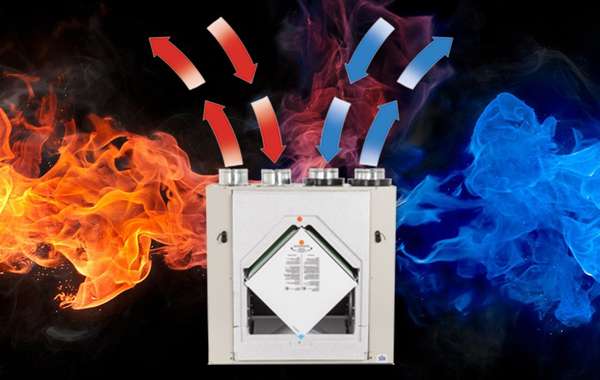
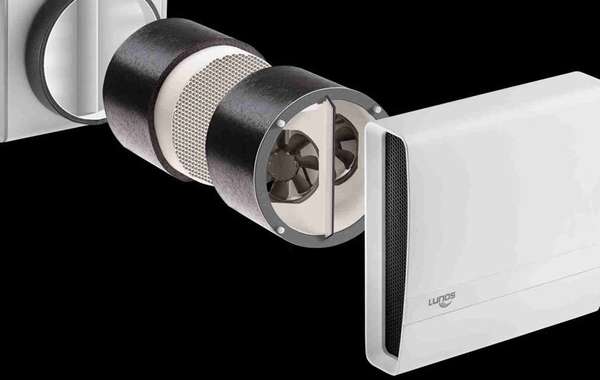
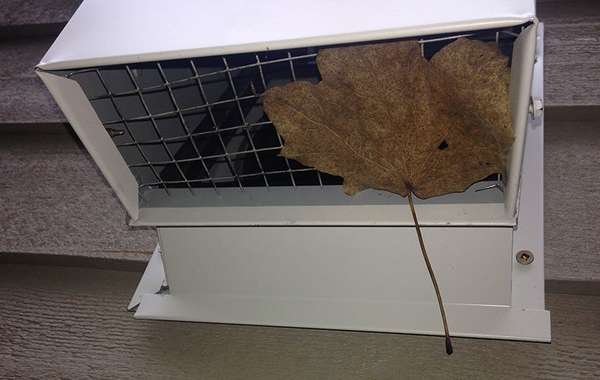
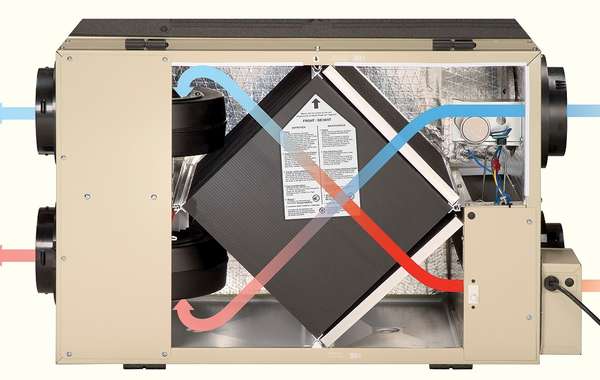

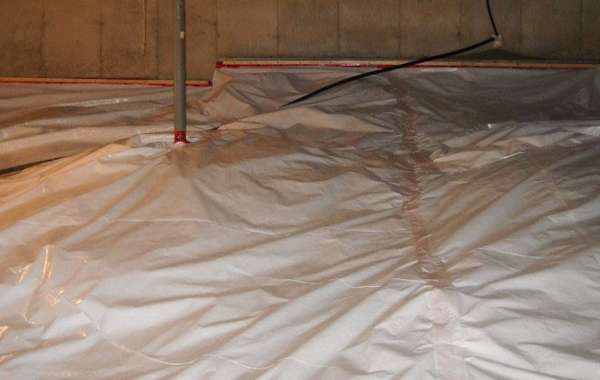
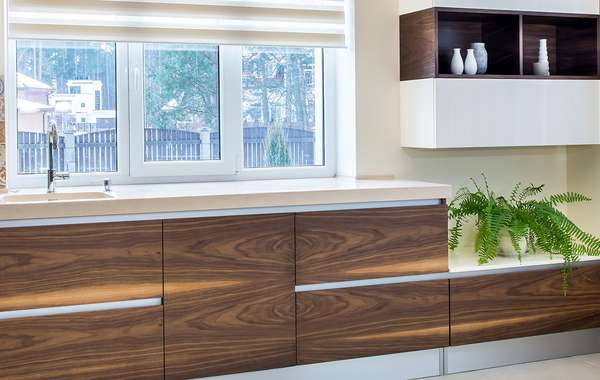
The difference between an HRV and an ERV is in the core of the machine itself, either one will remove humid air from the bathroom when they are operating. If you used to run your HRV continuously and now with an ERV you only run it intermittently at best due to the noise level, I would suspect that the reduced hours of operation could be impacting your bathroom humidity level. It can take a while for surfaces and towels to try, so perhaps moisture is building up because you’re not ventilating enough?
As for your electrical bills I find it a bit unusual that they spiked when ventilation equipment was running less frequently; that would negatively impact your air quality but if anything, you would be ejecting less heat from the home not more, so it seems odd that your heating bill went up. One thought that comes to mind - if there is a significant amount of moisture building up in the air then that could impact the heating a bit as it costs more to heat humid air than dry air. But even that seems a stretch.
As for the sound, as long as the machine is running properly (and fans are not burnt out and causing additional noise) not much can be done there except perhaps soundproofing your mechanical room perhaps. Every machine will have its specific decibel level during operation, that’s about the fans and bearings, and you can’t really do much there.
And a big 'yes' on using smart controls. It's not always easy to figure out things like that the first time, but its very much worth it. Odds are you may find a 'how to' video on youtube of your specific smart device, I always find that an easier first stop than combing through manuals in 40 different languages.